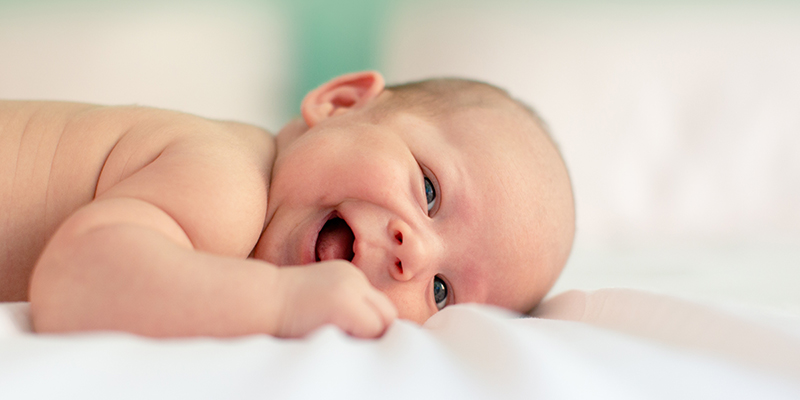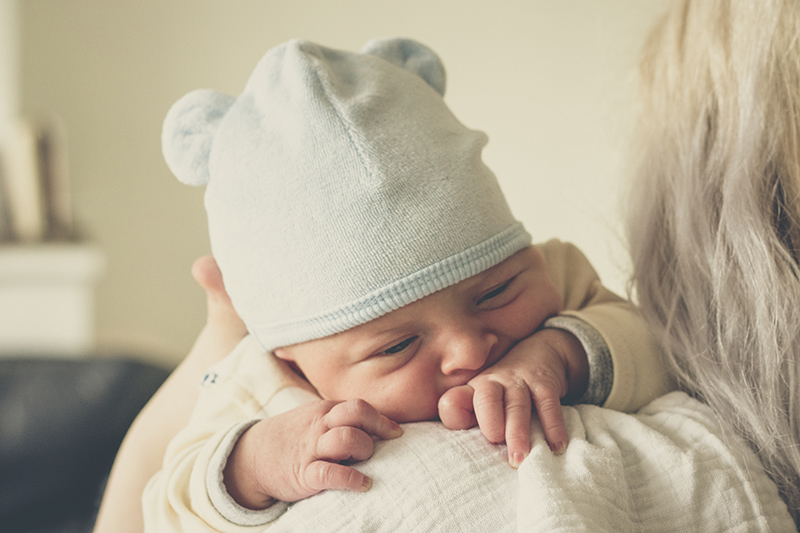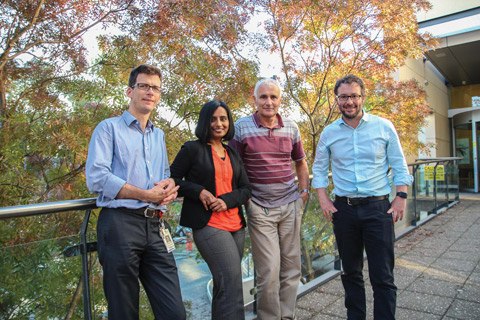Search
Research
The effectiveness of influenza vaccination in preventing hospitalisation in children in Western AustraliaThis study aimed to determine the vaccine effectiveness of the southern hemisphere trivalent inactivated influenza vaccine (TIV) in preventing...
Research
Streptococcus pneumoniae and Haemophilus influenzae in paediatric meningitis patients at Goroka General HospitalThis research presents serotype, antimicrobial susceptibility and outcome data from paediatric meningitis patients prior to introduction of Haemophilus...

News & Events
Pioneering technique opens new window on first week of lifeAn international team of researchers has pioneered a technique which gives unprecedented insight into the dramatic changes occurring in a baby’s body in the first week of life.

News & Events
Institute celebrates eradication of rubella in AustraliaThe eradication of rubella in Australia is evidence of the vital role vaccinations play in protecting our health, researchers at The Kids Research Institute Australia say.

News & Events
Australian parents oblivious to true danger of the fluNew research investigating the devastating impact of the 2017 flu season by PAEDS-FluCAN, a national collaboration observing influenza in children, confirmed it was time to take action after thousands of children were hospitalised with the virus last year.

News & Events
Vaccine surveillance brings safety reassuranceIn 2010, a large number of children experienced febrile convulsions after receiving the FluVax vaccination and many parents began to question its safety.

News & Events
The Kids Research Institute Australia researcher awarded support fundingA Kids Research Institute Australia researcher has been awarded $10,000 from the New Independent Researcher Infrastructure Support (NIRIS) award.
News & Events
Time running out to prepare for flu seasonPeople are being urged to ensure they've had their vaccination with the 'flu season expected to hit in Western Australia within weeks.
Research
Impacts on influenza A(H1N1)pdm09 infection from cross-protection of seasonal trivalent influenza vaccines and A(H1N1)pdm09 vaccines: Systematic review and meta-analysesWe did a systematic literature search to identify observational and/or interventional studies reporting cross-protection of TIV and A(H1N1)pdm09...
Research
Cross-protective efficacy of HPV-16/18 AS04-adjuvanted vaccine against cervical infection and precancer caused by non-vaccine oncogenic HPV typesWe evaluated the efficacy of the human papillomavirus HPV-16/18 AS04-adjuvanted vaccine against non-vaccine oncogenic HPV types.
